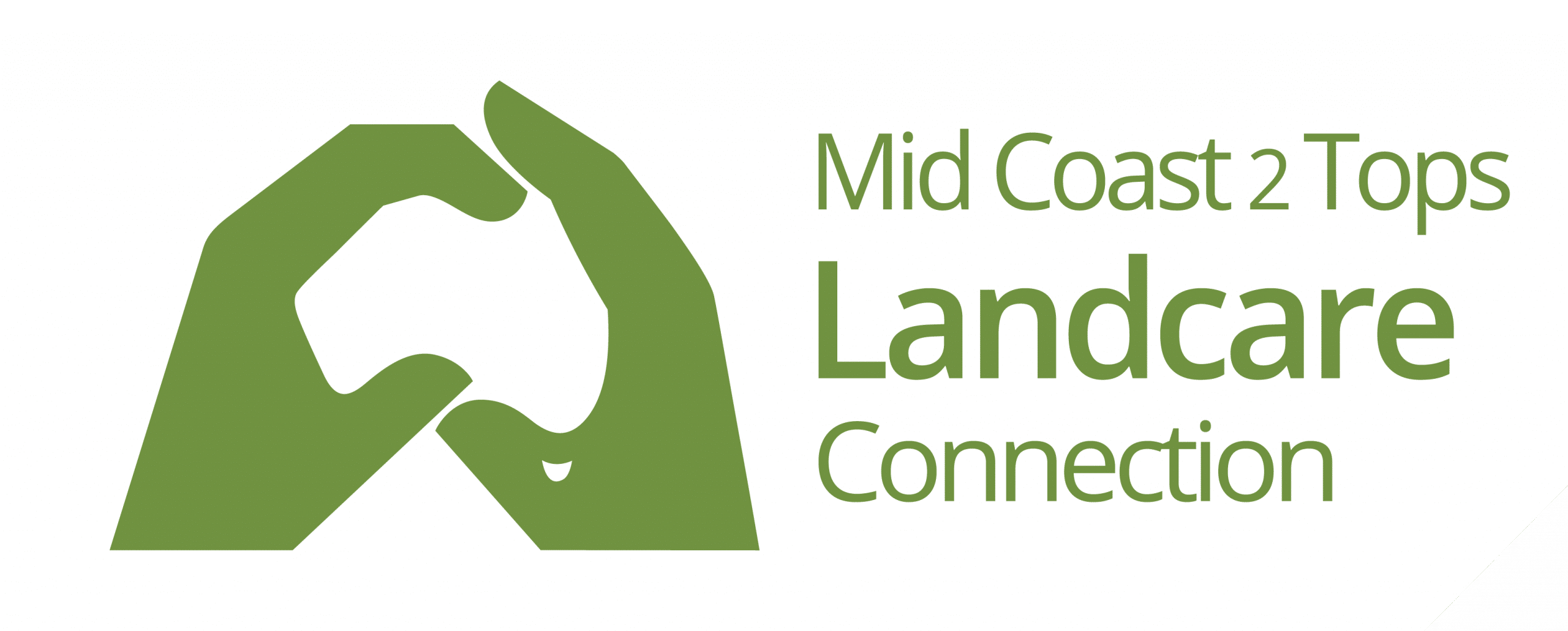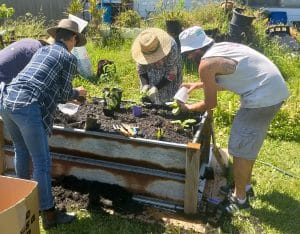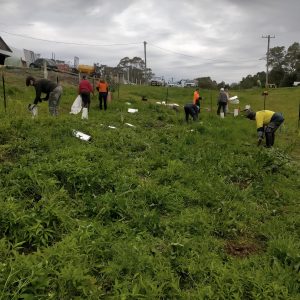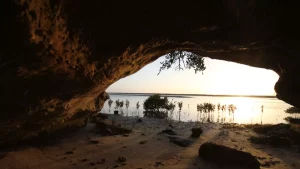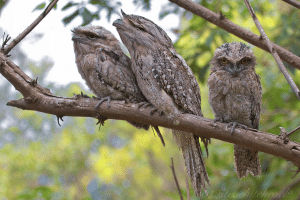Save the Date….November the 5th, 2022. Horse Behaviour and Property Management Workshop
Manning Landcare is very excited to announce that internationally acclaimed author and expert on horse property management, Stuart Myers is coming to our area to deliver a workshop on improving horse property management and creating a sustainable equine lifestyle.
During the workshop, horse owners learn how to use their horses’ natural and domesticated behaviours combined with good pasture management principles to improve and maintain their properties. This includes how to manage pasture for horses and encourage biodiversity, the relationship between horses and their pastures including looking at issues such as laminitis and equine obesity, how to manage manure, water and vegetation and how to plan and design a horse property.
The seminar also educates horse property owners about the value of sound property management practices, not only in terms of horse care, horse health, financial benefits and aesthetic improvements to their property, but just as importantly the environmental benefits, including the effects on water catchment, weed control and erosion and the benefits to the wider community.
Pasture management principles are similar for large or small horse properties. The main objective is improving soil health and at the same time growing the correct grasses and other pasture species in order to reduce the feed bill, whilst maintaining good groundcover, reducing erosion and run off into waterways, reducing the worm (parasite) burden of horses and controlling weeds. Horse owners who attend the seminar learn all about these important subjects and much more besides. Maintaining ground cover, protecting water sources, increasing biodiversity and soil health are some of our key messages.
“Caring for your horse property is equally as important as caring for your horse. Horses are not native to Australia, and can cause a huge impact on the environment if the land that they live on is not cared for properly.
Caring for your horses and the land that they live on does not need to be an expensive undertaking. In fact often a slight change in the way that you do things can lead to big savings in both time and money and have many benefits, including:
- Improved health for the horses and people who live on the property.
- Lower feed bills due to more grass for a longer period of the year.
- Happier neighbours, fewer flies and less dust and mud.
- Cleaner water and more habitat for wildlife.
- An increased property value.
An effective horse property management system saves time and expense while at the same time is good for the environment.
For example, pasture grown for horses also protects the soil. Trees grown for shelter provide habitat for insectivorous animals. In turn these animals eat pest insects by the thousands. A well managed horse property provides a variety of plants that in turn support many animals – an ecosystem. The more diverse the ecosystem, the better it can cope with environmental stresses such as floods, fire, drought, pests and disease.
Good horse property management is a win win for all!”
Horse owners, water catchment associations and Landcare groups on previous seminars have all commented that the information obtained from the day was invaluable. The presentation is visual, entertaining and extremely informative.
Jane and Stuart are co- authors of Managing Horses on Small Properties, Horse Safe and is co-author of Horse Sense (all published by CSIRO), she has recently written the ‘The Equicentral System’ series, Buying a Horse Property and a Horse is a Horse. https://www.equiculture.net/the-equicentral-system
For more information contact Manning Landcare Co-ordinator Lyn Booth lyn.manninglandcare@gmail.com
